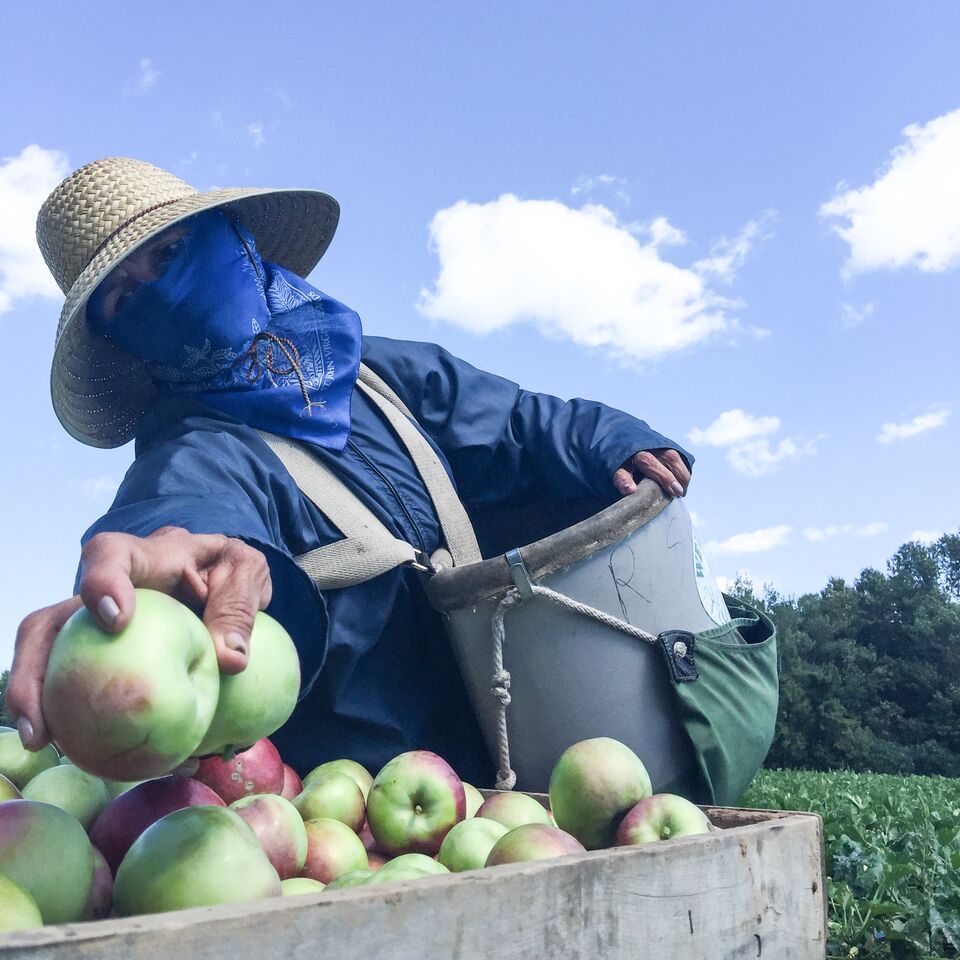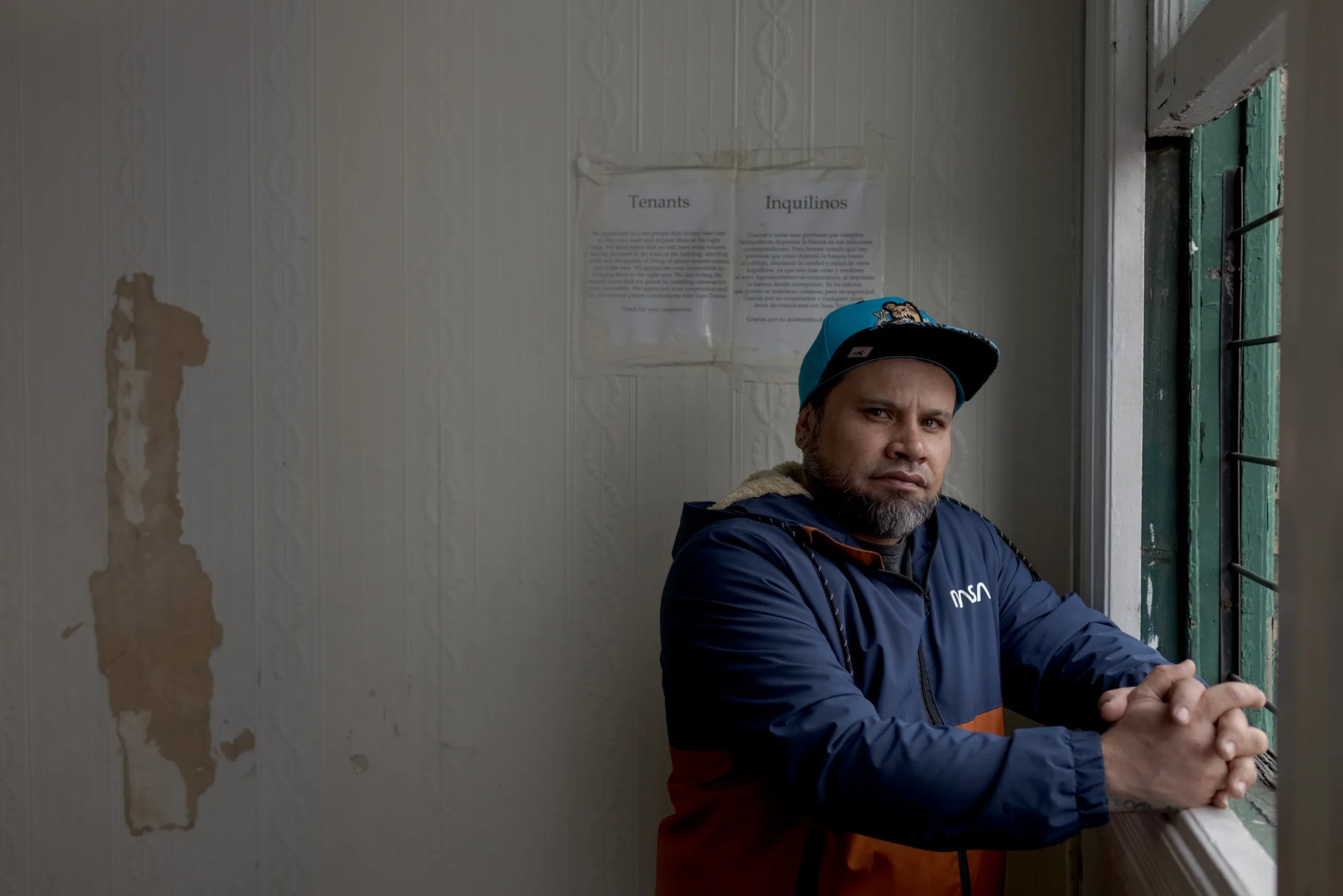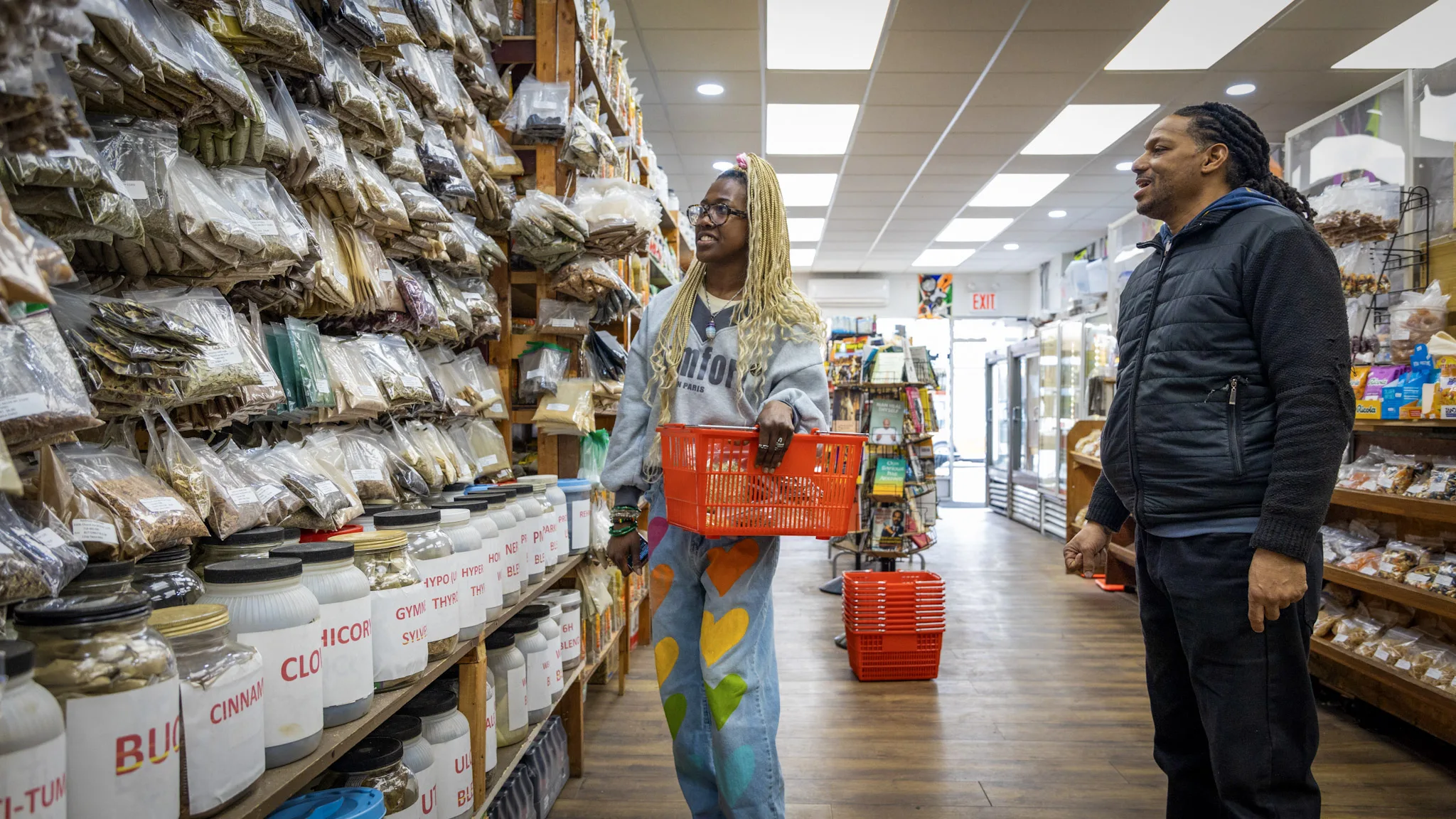COVID-19 has transformed the landscape of New York City. Where there were once bustling crowds outside restaurants and bars, there are now boarded up windows and handwritten ‘closed’ signs. The city has come to halt, but in upstate New York, farms continue to operate, ensuring that food makes it to the city’s grocery stores and resident’s doorsteps.
The 33,500 farms in New York comprise 23 percent of the state’s total land area. On these farms, workers, most of whom are immigrants and many of whom are undocumented, continue to labor without protective equipment and live in crowded trailers. Here, farmworkers have been deemed essential workers, but their health and protection have not.
Farm owners are following the New York Department of Health’s protocol that states essential workers are expected to return to work after “isolating for at least 7 days after illness onset (i.e. symptoms first appeared) and have not had a fever for at least 72 hours, without the use of fever reducing medications.” These standards differ substantially from the two week quarantine the rest of the country has been instructed to take whether or not they exhibit symptoms.
On Monday, March 30, Oveymar Darinel Vasquez’s employer noticed he was coughing heavily and suggested he go to a clinic to be tested for COVID-19.
Vasquez, 29, came to the United States from Guatemala 12 years ago. He has worked on several dairy farms and most recently on a flower farm in Auburn, New York.
After testing positive for COVID-19, Vasquez was hospitalized for a week. He is now quarantined in a hotel room in Cayuga County. While in the hospital he received the news that due to a decline in demand for flowers, Vasquez had been fired. His employer laid off a number of his coworkers.
Through his constant coughing, Vasquez explained that his employer gave Vasquez and his co-workers masks, recommended frequent hand washing, and to maintain a six-foot distance, but did not provide an explanation for these changes. His employer could not be reached for a comment.
Vasquez explained that the nature of farmwork and typical living conditions makes it nearly impossible to stay away from each other. Farmworkers often live in crowded trailers with one bathroom and kitchen, making self-quarantining impossible. Furthermore, for many farmworkers housing is contingent on employment, placing them in a particularly precarious situation in which they must make the decision of going to work and risking infection or losing their home and all sources of income.
Besides receiving the news that he had been fired, Vasquez said he has not heard from his employer. He is unsure of when he will be permitted to end quarantine and even more unsure of where he will make a living once he has recovered.
“I just hope that during this time people will root for each other and god willing, we will get out of this,” Vasquez told Documented over the phone.
According to Wilmer Jimenez, Western New York Coordinator at the Rural & Migrant Ministry, and former farmworker himself, in the early stages of the pandemic, farmworkers were instructed to continue working even when feeling sick. Farm owners told their workers that COVID-19 was neither serious nor a threat since they lived in isolated regions already, Jimenez said. In fact, many of the workers who exhibited symptoms thought it was likely the common cold or flu.
Concerned by this misinformation and deception, Jimenez went to the Cayuga County’s Health Department and demanded that they lead health education trainings on the farms as well as offer COVID-19 tests. The department complied and has been offering trainings and tests to farms that request it or who have workers in serious condition.
However, Jimenez said by the time the Health Department began providing these services, it was too late, most of the farms had already been infected, at least one of which was fatal. Two weeks ago, a 40-year-old dairy worker Jimenez knew well died. His family in Guatemala has requested that his details remain anonymous. They are struggling to find the resources to arrange a proper burial for him.
As of April 10, of the eight farms Jimenez regularly checks in on, four have reports of many of its workers testing positive for COVID-19. Each of these farms employ 40-50 workers.


With restaurant and farmer’s market closures, farms across the country are having to layoff their workers. 85 percent of the farmers who sell at GrowNYC markets report they would go out of business without these sales.
“On the supply and demand side, markets were greatly disrupted with the loss of major customers like schools and restaurants,” Steve Ammerman, the New York Farm Bureau’s (NYFB) public affairs manager explained in an email. “Commodity prices are down across the board. One thing the pandemic has taught us is that no one or no place are immune.”
Ammerman said that the NYFB has been working with the state and numerous organizations, including the NY Center for Agricultural Medicine and Health to provide health and safety protection to farmworkers.
Farmworkers, most of whom work without documentation or are H2-A visa holders, are not eligible for unemployment benefits or direct cash assistance from the recently passed stimulus package. Of the farmworkers interviewed in an Adelphi University report about farms in Hudson Valley region, 92 percent were neither legal residents nor citizens — 71 percent were undocumented and 21 percent, guestworkers.
“Our immigration system is severely broken. While Wall Street gets a trillion-dollar bailout, farmers — many of who are undocumented —are forced to work through a pandemic to ensure America doesn’t face a food shortage, all while getting paid subminimum wages,” said State Senator Jessica Ramos, who sponsored legislation granting farmworkers the right to collective bargaining.
Ramos said she is working on a billionaire taxation bill that would generate over $5.5 billion annually. This money would go towards creating a worker bailout fund for those ineligible for social safety nets.
Juan and Ismael are farmworkers on the same dairy farm in Western New York. Both men are originally from Mexico, members of Alianza Agricola and frustrated with the disconnect between being deemed essential while continuing to be denied basic rights and protections.
“We pay taxes, but we do not receive any benefits during the pandemic,” Ismael said. “And people don’t realize the sacrifices we are making and the challenging jobs we have to make sure you have fresh food,” Juan continued.
Despite being deemed essential, undocumented farmworkers continue to face the fear of deportation or detention. Ismael reported that nearly three weeks ago two men were detained by U.S. Immigration and Customs Enforcement while shopping at a local Mexican market in Western New York. Since then, undocumented farmworkers have avoided this market. This has made grocery shopping difficult, as the other supermarkets are either empty by the time they are free to go after work or do not stock the ingredients they typically would buy.
Upstate farms are often located long drives from medical centers. This puts undocumented immigrants at risk of being stopped by the police while driving or for those without cars, reliant on their employers for transportation. The Department of Homeland Security (DHS) has recognized health care facilities as a sensitive location, meaning ICE are to avoid this area, which they generally follow. However, farmworkers remain concerned about the implications of the newly revised public charge rule, the language barriers they might encounter, and having to rely on their employer for transportation to medical centers.
Regardless of ICE fears and transportation restrictions, healthcare has never been easy to access, Ismael explained. “The truth is that anytime something happens to us, whether we are exposed to harmful chemicals or injured, we have a hard time accessing healthcare,” he said.
Workplace related accidents and deaths are not uncommon on farms. According to a 2017 report, between 2006 and 2016, at least sixty-nine people died on New York dairy farms. Farmworkers are exposed to harsh conditions, whether it be below freezing temperatures or unsanitary water, adding to their susceptibility to the virus’s more extreme symptoms.
To date, there has been no government organized response that directly supports New York State farmworkers. Philanthropist George Soros announced on April 16 that he would be allocating $37 million to New York’s at-risk populations, including undocumented residents. But farmworkers are skeptical further financial help is coming anytime soon.
“I think it is unfair that the government is calling us essential when it is clear that we are only seen as essential at the moment and that neither of the political parties support us,” Ismael said. “This will go by and we will continue to face the same risk and nothing with change.”














